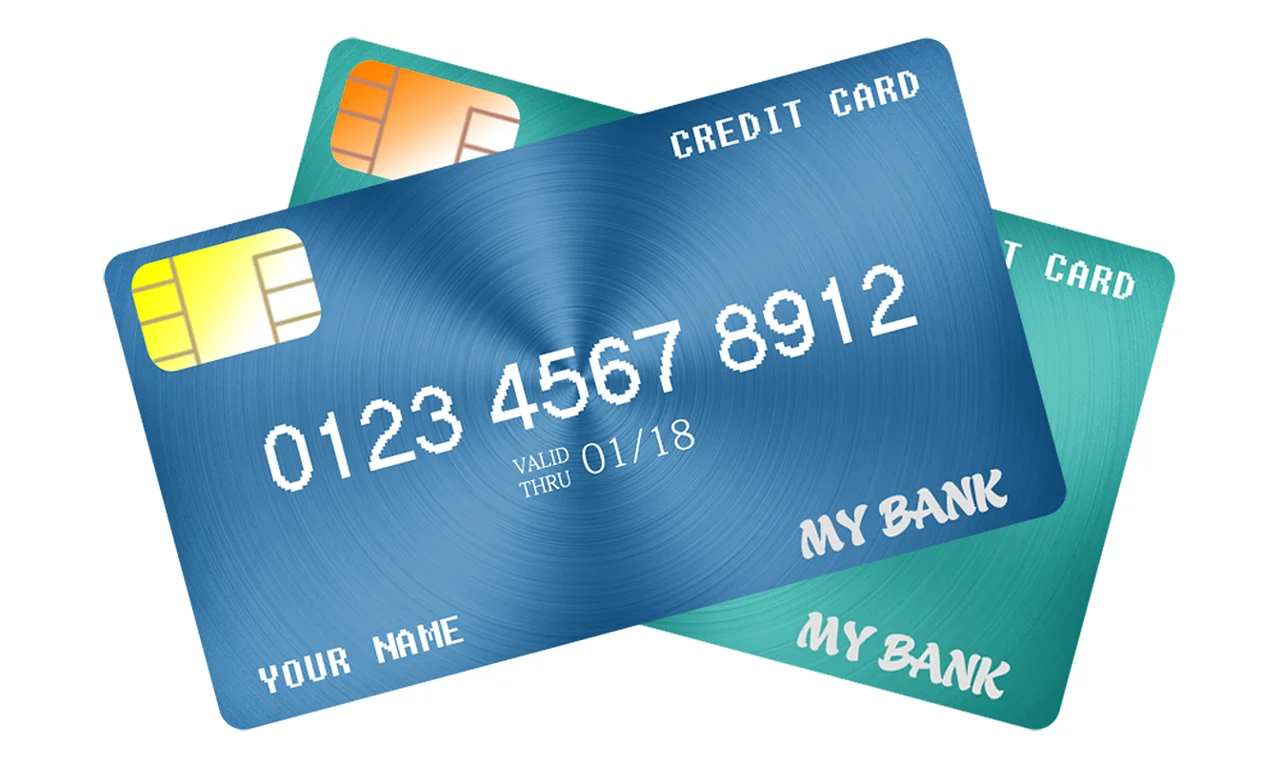How to Resolve an Unauthorized Transaction in Canada (2025 Guide)
Published June 16, 2025 | By WealthFusions Team
An unauthorized transaction on your account can be both alarming and financially harmful. Whether it’s a suspicious debit charge, a hacked e-transfer, or a fraudulent credit card purchase, it’s critical to act fast. This guide outlines a 7-step process to report, dispute, and recover from unauthorized transactions in Canada—including your legal rights and who to contact if the bank says no.
1. Spot the Red Flags of Unauthorized Activity
Not sure if a charge is legit? Watch for:
- Unfamiliar purchases on your debit or credit statement
- Notifications about logins, transfers, or purchases you didn’t make
- New e-transfer contacts added without your permission
- Declined transactions or overdrafts you didn’t expect
Example: A $479 charge from an electronics retailer you’ve never visited is likely unauthorized and should be flagged immediately.

2. Contact Your Bank or Credit Card Provider Immediately
Most financial institutions offer zero-liability protection—but only if you report the fraud quickly. Deadlines range from 7 to 30 days depending on the bank. Here’s a summary:
| Bank | Fraud Hotline | Report Deadline | Refund Timeline |
|---|---|---|---|
| TD Canada Trust | 1-866-222-3456 | 14 days | 7–10 business days |
| RBC | 1-800-769-2512 | 7 days | 3–5 business days |
| Tangerine | 1-888-826-4374 | 30 days | Up to 10 days |
| Simplii Financial | 1-888-723-8881 | Immediately | Within 5 days |
3. Freeze or Cancel the Affected Card
Use your banking app or online account to instantly lock your debit or credit card. This helps stop further charges while your case is being reviewed.
Pro Tip: If the card was physically lost or stolen, request a replacement card and update your PIN and online passwords right away.
4. Submit a Fraud Dispute or Chargeback
Your bank may ask you to complete a formal dispute. Be prepared with:
- Details of the disputed transaction (date, amount, merchant)
- A signed fraud declaration or affidavit
- A police report (especially for larger or repeated fraud)
Credit card fraud: If it involves your credit card, you can request a chargeback under Visa or Mastercard guidelines—especially for unauthorized online or cross-border purchases.
5. Report the Incident to Canadian Authorities
- Canadian Anti-Fraud Centre: Submit a fraud report
- Police: For large losses or known perpetrators, file a local police report.
- Credit Bureaus (Equifax & TransUnion): Add a fraud alert to your credit profile to prevent further damage.
Keep records of all communications, confirmations, and reports. They’ll help if you escalate the issue later.
6. Monitor Your Accounts Proactively
Continue tracking your credit and bank accounts after the incident. Consider tools like:
- Credit Karma Canada or Borrowell for free credit monitoring
- Banking apps with real-time alerts for login attempts, large purchases, and e-transfers
- Weekly account statement reviews to catch new suspicious activity
7. Escalate if the Bank Denies Your Dispute
If your bank denies your claim or takes more than 30 days to resolve it:
- Request a review by a supervisor or branch manager
- Escalate to your bank’s internal Ombudsman office
- File a complaint with ADRBO or OBSI (depending on your bank)
Most cases are resolved within 56 days at no cost to the consumer.
Conclusion: Take Action, Protect Your Funds
Fraud is on the rise—but so is your protection. By acting swiftly, documenting every step, and knowing your rights, you can often recover your money and avoid long-term damage.
Need more helpful informations? Visit our page for free guidance on various options.
Frequently Asked Questions
- 1. What is considered an unauthorized transaction?
- Any payment or withdrawal you didn’t approve, including fraud, scams, and card theft.
- 2. How fast should I report fraud?
- Immediately—preferably within 2–7 days. Some banks offer up to 30 days but may reject late reports.
- 3. Will I get my money back?
- Usually yes—if reported on time and you’re not at fault (e.g., you didn’t share your PIN or password).
- 4. Can I dispute an e-transfer?
- Yes. If someone accessed your account or added a payee without consent, banks will investigate.
- 5. Is it easier to recover fraud on credit cards?
- Yes. Credit cards offer stronger consumer protections under chargeback policies than debit.
- 6. Do I need to file a police report?
- Only in serious fraud cases or if required by your bank. It can help if you escalate to a third party.
- 7. What does the Ombudsman do?
- Provides a free, impartial review if your bank’s internal process fails to resolve your complaint.
- 8. Can this affect my credit?
- Yes—especially if accounts are maxed or payments are missed due to fraud. Use fraud alerts and monitoring tools.

